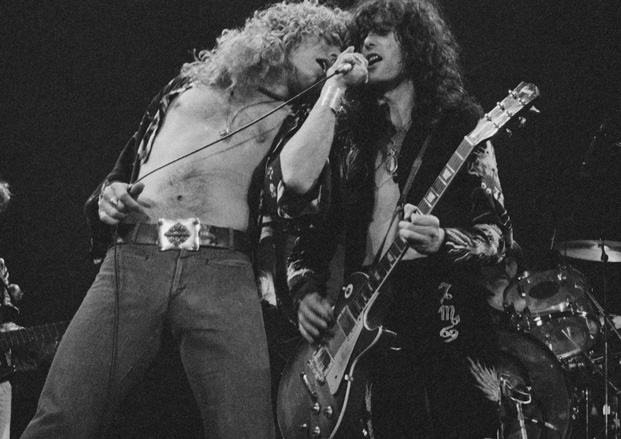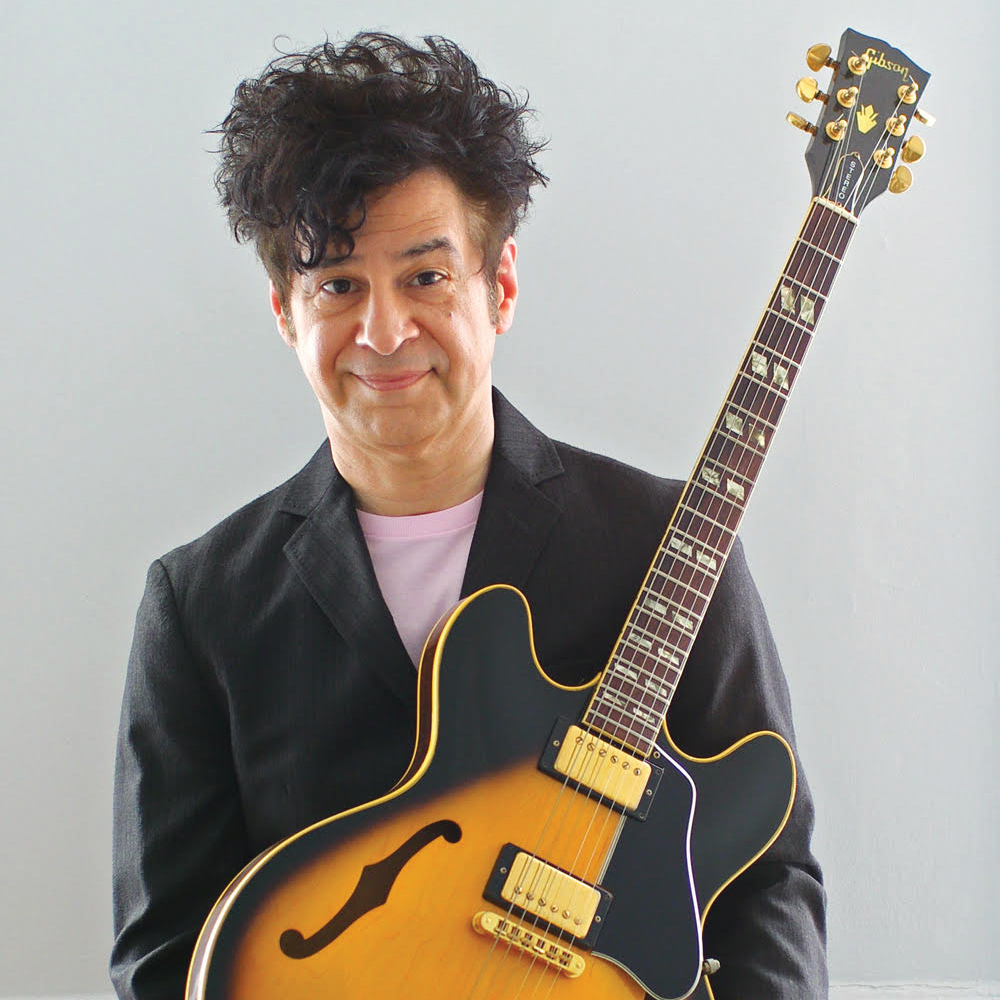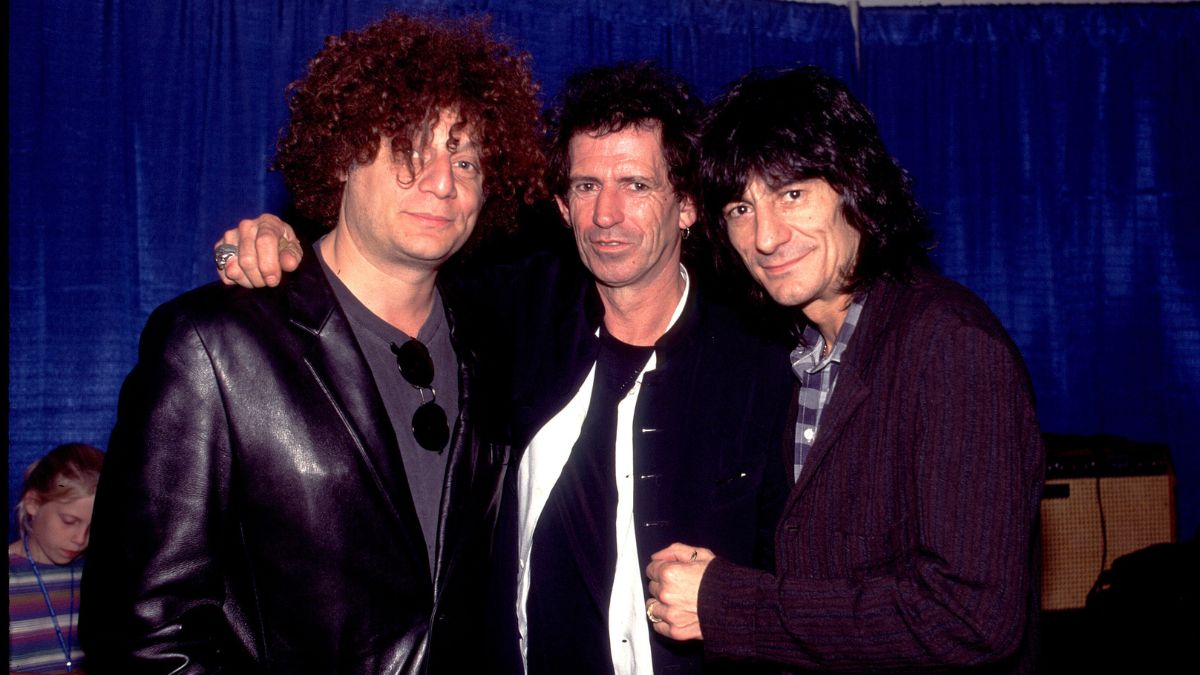Jimmy Page and Robert Plant in Court as “Stairway to Heaven” Trial Begins

The courtroom trial to determine if “Stairway to Heaven” includes a passage plagiarized from another song began yesterday, June 14.
Jimmy Page and Robert Plant, the writers of the hit Led Zeppelin song, appeared in a Los Angeles court room as jury selection began. Eight jurors were chosen to hear and review evidence and determine if Page and Plant plagiarized “Taurus,” a song written by Randy California and performed by his band Spirit on their 1968 debut album. The passage in contention is the distinctive descending chromatic arpeggio line, performed on acoustic guitar, that opens “Stairway to Heaven.”
Page and Plant looked on as jury selection began. Half of the first 14 jurors called were dismissed. Among them was one Led Zeppelin fan who admitted his “love for these two guys” is “very strong,” Billboard reports. The final jury pool of four men and four women were vetted by Zeppelin attorney Peter Anderson and Francis Malofiy, who is representing California’s estate. Randy California, born Randy Wolfe, died in 1997, and the copyright to “Taurus” passed to a trust.
Noting that the presence of Page and Plant could be distracting to the proceedings, U.S. District Court judge R. Gary Klausner, the presiding judge, explained his no-nonsense approach to the attorneys and assembled press. Journalists covering the trial are banned from using laptops and cell phones. Klausner originally banned the use of pens, to prevent the use of implements that feature audio recording devices and cameras, but he relented after the court was unable to find enough pencils for the assembled press. Bailiffs ejected two people who were found to have phones and warned that anyone caught taking photos will be removed from the premises.
At stake in the trial is authorship of “Stairway to Heaven” as well as royalties. The song is estimated to be worth more than $560 million.
- California said that he believed “Stairway to Heaven” copied his opening riff to “Taurus,” though he declined to pursue legal action against Page and Plant. Upon his death, the copyright to his song passed to the trust, which decided to pursue legal action.
- Although Led Zeppelin and Spirit shared stages on several occasions in the late Sixties, Page said in court this past February, “I do not recall ever seeing Spirit perform live,” and added, “I am absolutely certain I never heard them, or anyone else, perform ‘Taurus.’”
Page described the beginning of “Stairway to Heaven” as including ”a descending chromatic line chord progression and arpeggios, over which [is] played an ascending line. I consider descending chromatic lines and arpeggiated chords basic skills learned by any student of the guitar. Certainly, as a guitarist, I was aware of descending chromatic lines and arpeggios long before 1968.”
Zeppelin’s defense have claimed that the song’s “chord progressions were so clichéd that they did not deserve copyright protection.”
All the latest guitar news, interviews, lessons, reviews, deals and more, direct to your inbox!
At the February hearing, Page admitted to having a copy of the Spirit debut album in his record collection but claimed to “not know how or when it got there.” “It may well have been left by a guest,” he said. “I doubt it was there for long, since I never noticed it before. But, again, I know I did not hear 'Taurus' until 2014.”
The trial was originally scheduled to begin on May 10. Each side in the trial will have 10 hours to present arguments and witnesses Klausner says he expects the trial to last four to five days.
In the BBC video below, Page tells how he wrote “Stairway to Heaven” and explains how the song was arranged and recorded.
Christopher Scapelliti is editor-in-chief of Guitar Player magazine, the world’s longest-running guitar magazine, founded in 1967. In his extensive career, he has authored in-depth interviews with such guitarists as Pete Townshend, Slash, Billy Corgan, Jack White, Elvis Costello and Todd Rundgren, and audio professionals including Beatles engineers Geoff Emerick and Ken Scott. He is the co-author of Guitar Aficionado: The Collections: The Most Famous, Rare, and Valuable Guitars in the World, a founding editor of Guitar Aficionado magazine, and a former editor with Guitar World, Guitar for the Practicing Musician and Maximum Guitar. Apart from guitars, he maintains a collection of more than 30 vintage analog synthesizers.

